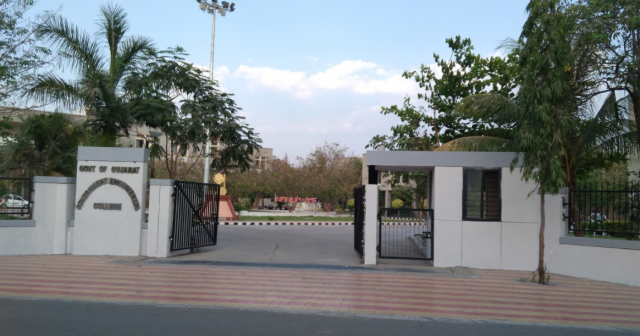Don Bosco Institute of Technology Bangalore (DBIT) maintains a robust placement ecosystem that bridges academic excellence with industry requirements. The institute's dedicated training and placement cell consistently prepares students for diverse career pathways through structured skill development programs and corporate collaborations. Recent placement data reflects the institute's commitment to student outcomes:
Table of Contents
DBIT-Placement Overview
| Particulars | Statistics |
| Number of students Graduated | 495 |
| Number of students selected | 216 |
| Median Package | ₹3,60,000 |
| Students Opted for Higher Studies | 85 |
These figures demonstrate a balanced distribution of career choices among graduates. While 43% of eligible candidates secured employment, 17% pursued advanced education, indicating diverse post-graduate aspirations.
DBIT-Training and Skill Development Framework
The placement cell implements a multi-phase training program starting from the first year, focusing on:
- Technical competency: Regular coding workshops and domain-specific labs
- Soft skills enhancement: Communication modules and group discussion simulations
- Industry-academia synergy: Live projects with partner organizations
- Career mentorship: Personalized guidance through faculty-industry expert panels
This structured approach ensures students develop both technical proficiency and professional readiness.
DBIT-Recruiter Engagement and Employment Landscape
DBIT hosts 50+ national and multinational corporations annually across sectors:
- Core technology: Infosys, Tech Mahindra, and SAP dominate recruitment
- Emerging domains: Startups in AI/ML and IoT offer specialized roles
- Finance and consulting: KPMG and Kotak Mahindra Bank recruit for analytics roles
The institute's location in Bangalore—India's tech hub—provides proximity to innovation centers, facilitating internships and pre-placement offers.
DBIT-Career Diversification Trends
Graduates explore multiple pathways:
- Corporate placements: Majority in IT services with increasing roles in R&D
- Higher education: MTech programs at IITs/NITs and international MS degrees
- Entrepreneurship: Active incubation cell supporting student startups
Public sector: Growing interest in GATE and civil service examinations This diversity reflects evolving engineering career trajectories beyond conventional IT roles.
DBIT-Industry Alignment and Future Outlook
DBIT continuously updates curricula based on market demands:
- New-age specializations: Added courses in cybersecurity and cloud computing
- Campus infrastructure: Upgraded labs for IoT and data analytics training
- Corporate feedback loops: Bi-annual industry advisory board meetings
These initiatives position graduates for emerging opportunities in smart manufacturing, renewable energy, and EV sectors fields experiencing 15% annual growth in talent demand. The institute's placement framework combines rigorous academic training with practical industry exposure, creating versatile engineers equipped for technological evolution. DBIT's consistent placement record and adaptability to market shifts underscore its role in shaping future engineering leaders.

